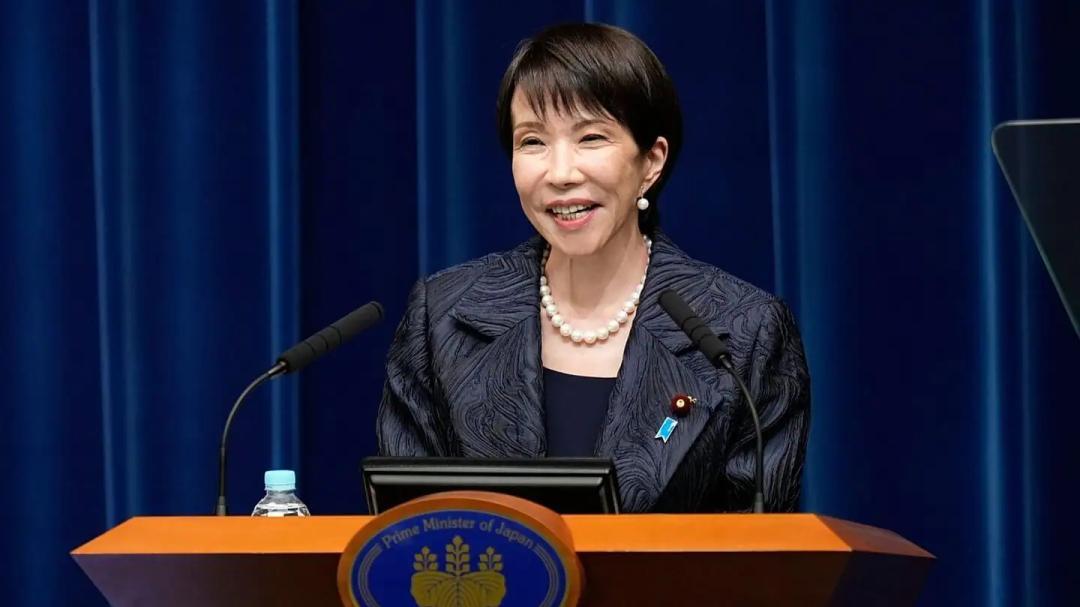
I sleep for 2 hrs,’ says newly-elected Japan PM days after holding 3am meeting
In a shocking revelation, newly-elected Japanese Prime Minister Sanae Takaichi has disclosed that she sleeps for only two to four hours every night. This astonishing admission has raised concerns about her work-life balance and the potential impact on her health. The Prime Minister’s sleep schedule has come under scrutiny just days after she faced criticism for summoning her aides for a 3am meeting to prepare for a budget committee hearing that was scheduled to start six hours later.
During a recent interview, Takaichi pointed to the bags under her eyes and casually mentioned, “It’s probably bad for my skin.” Her nonchalant attitude towards her sleep deprivation has sparked a debate about the expectations placed on leaders to sacrifice their personal well-being for the sake of their duties. The fact that Takaichi is willing to openly discuss her lack of sleep has also led to questions about the culture of overwork that pervades Japanese society.
Takaichi’s 3am meeting with her aides has been cited as an example of the extreme demands placed on Japanese politicians and their staff. The meeting was called to prepare for a budget committee hearing that was due to start at 9am, a mere six hours later. This raises concerns about the sustainability of such a schedule and the potential consequences for the mental and physical health of those involved.
The Japanese culture of overwork, known as “karoshi,” has been a major concern in recent years. The term literally translates to “death from overwork” and refers to the phenomenon of workers dying from stress-related illnesses or accidents caused by excessive work hours. While Takaichi’s sleep schedule may not be directly related to karoshi, it highlights the broader issue of the expectation to prioritize work above all else.
Takaichi’s admission has also sparked a discussion about the role of leaders in promoting a healthy work-life balance. As the Prime Minister of Japan, Takaichi is in a unique position to set an example for her citizens and promote a culture of wellness and self-care. However, her sleep schedule suggests that she may be perpetuating the same culture of overwork that has contributed to Japan’s karoshi problem.
The implications of Takaichi’s sleep schedule extend beyond her personal health and well-being. As the leader of Japan, her decisions and actions have a significant impact on the country’s policies and direction. The fact that she is willing to sacrifice her own sleep and potentially compromise her judgment and decision-making abilities raises concerns about the potential consequences for the country.
Furthermore, Takaichi’s admission has also sparked a discussion about the gender dynamics at play. As a female leader in a traditionally male-dominated field, Takaichi may feel pressure to prove herself and work twice as hard to earn the respect of her colleagues. This pressure to conform to societal expectations may be contributing to her lack of sleep and perpetuating the culture of overwork.
In conclusion, Takaichi’s revelation about her sleep schedule has raised important questions about the culture of overwork in Japan and the expectations placed on leaders to sacrifice their personal well-being. While Takaichi’s admission may be seen as a sign of dedication and commitment to her duties, it also highlights the need for a more sustainable and healthy approach to work and leadership. As the Prime Minister of Japan, Takaichi has the opportunity to promote a culture of wellness and self-care, and to set an example for her citizens to prioritize their own health and well-being.





